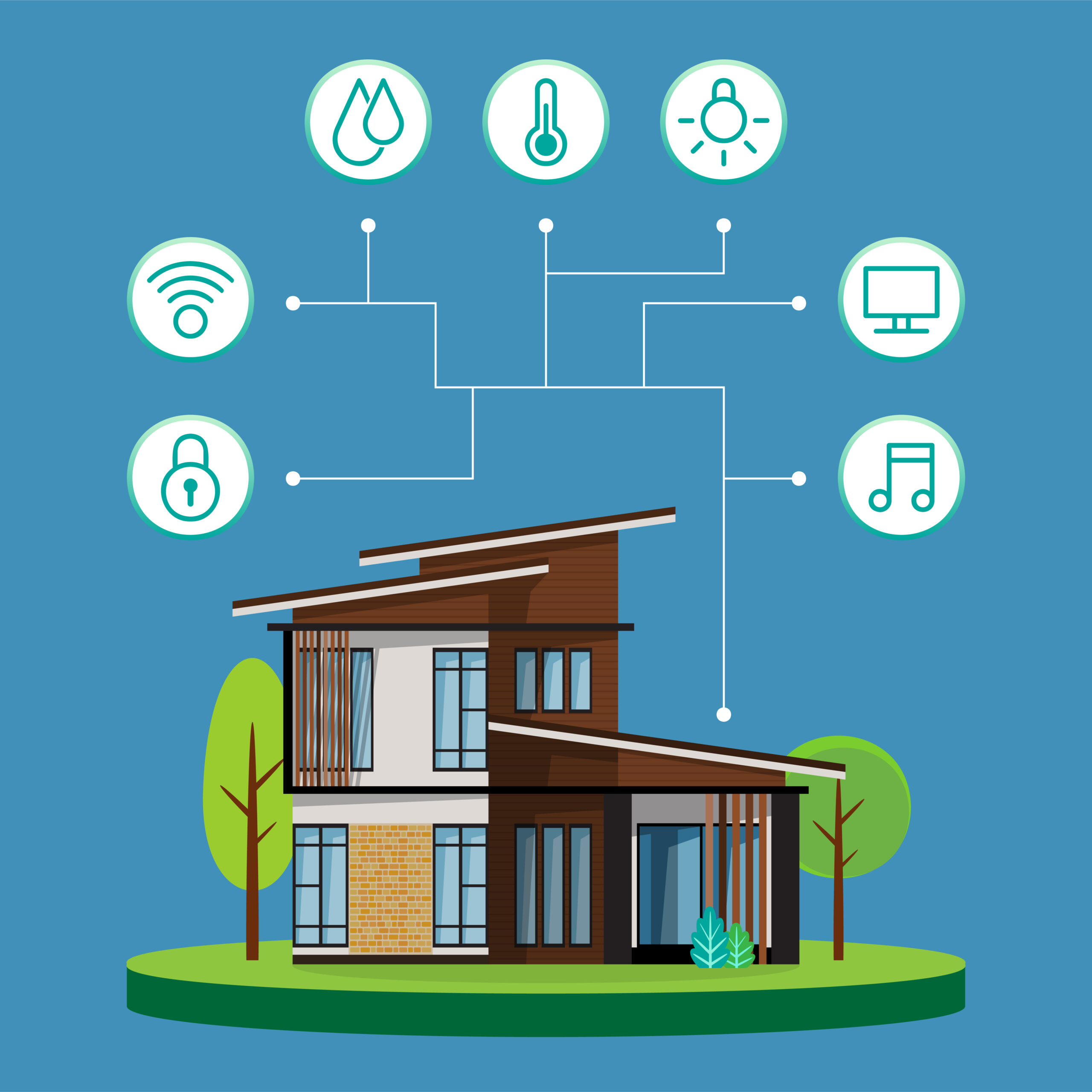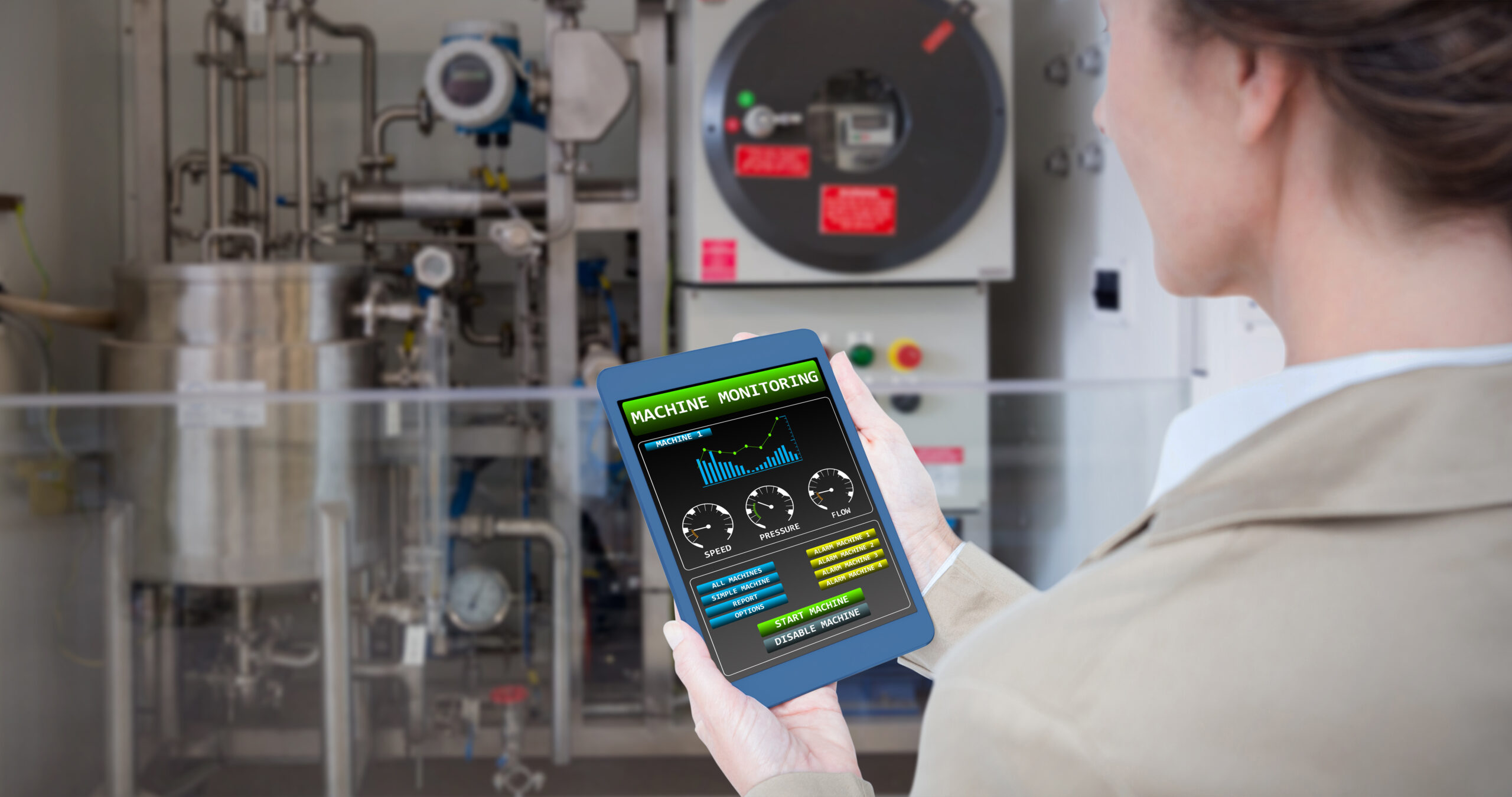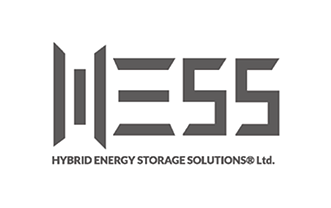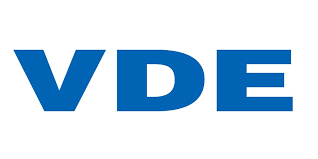Residential/Commercial Power Management
Interoperable open-source tools to enable hybridisation, utilisation, and monetisation of storage (InterSTORE)flexibility 12 the EMS provides optimization & control of energy assets for the next 24-hrs such that use of renewables is maximized while simultaneously electricity bill and environmental footprint are reduced with limited or no impact on business performance and user experience (for commercial and residential buildings).
The outcomes of the InterSTORE project will support the development of the next generation energy management system.

The novel EMS concept would be enhanced in the following respect:
- Hybridization. The EMS concept should allow hybridization on the local (node or building) level as well as on the external (aggregation) level (integration of storage technologies of the EMS into DEMS).
- Interoperability. The EMS concept should allow the seamless integration of 3rd party storage technologies and software applications such that a flexible, modular power management software product is gained.
- Advanced energy management algorithms. The EMS algorithm should explicitly account for objectives, dynamics and operational constraints of all installed storage technologies in the building. It should leverage the load, generation forecasts and charging profiles and determine the power set-point of all controllable energy assets such that objectives are met and the power balance is guaranteed.
- Integrated energy sharing & energy management concept. The EMS algorithm should be extended to enable energy exchange with the individual objectives of both applications should be considered. external storage application.

METRICS expected to be reached
- integration of minimum one 3rd party storage technology/ application (e.g., heat pumps, other EMSs)
- Definition of a business case for hybrid distributed energy storage systems.
- Definition of a concept for the interoperable aggregation of distributed energy storage applications














